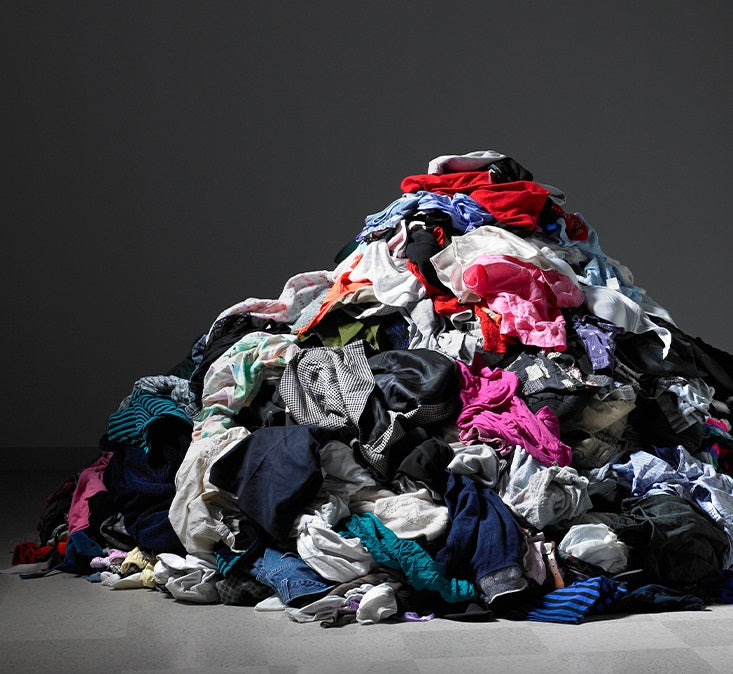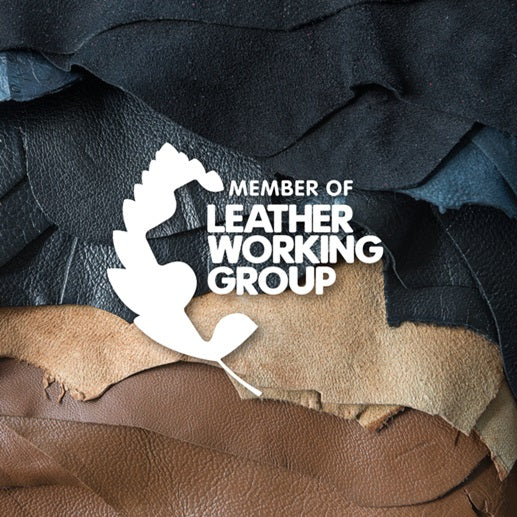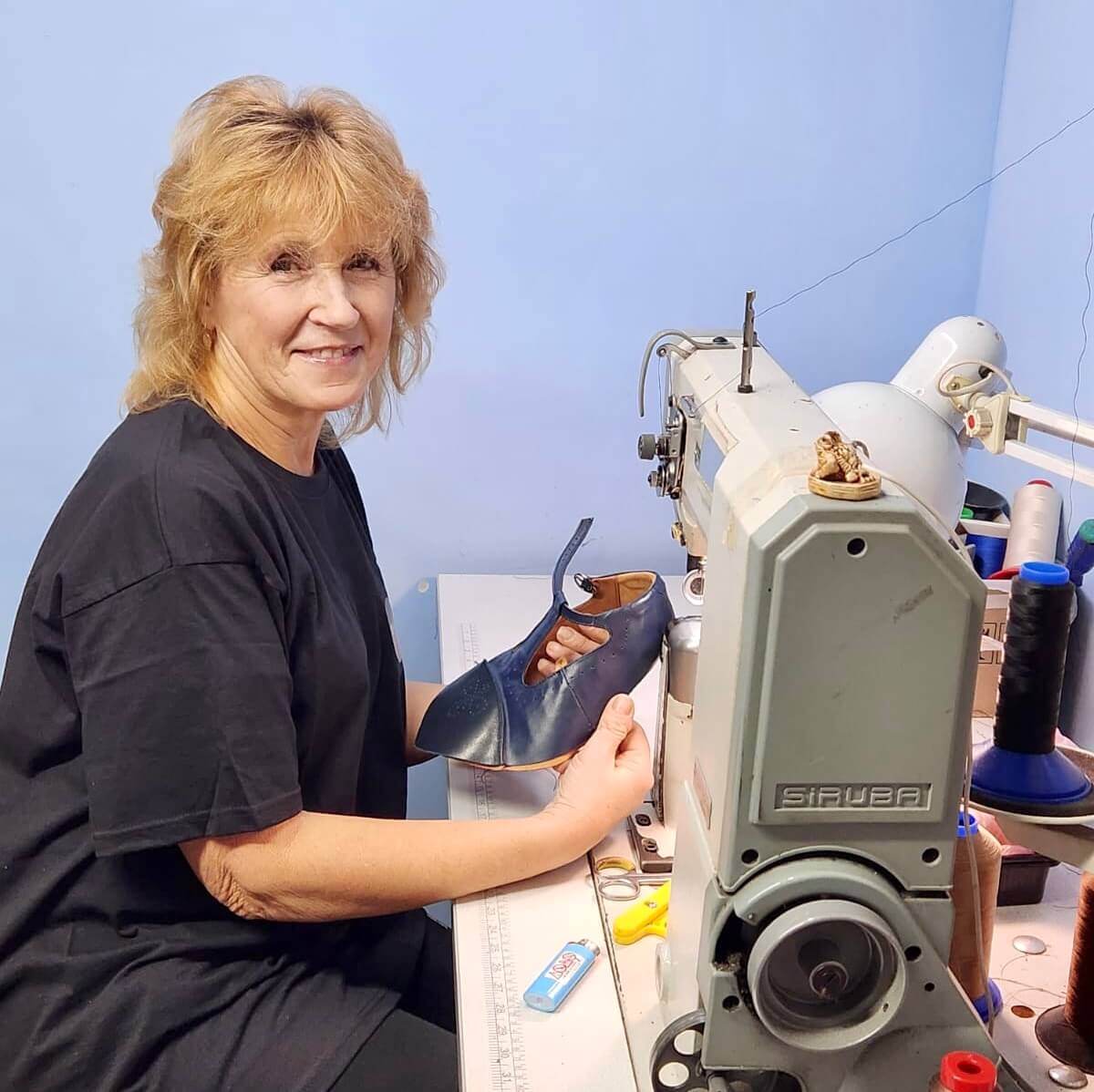Your Cart is Empty

LOADING
Please wait...
Under our 45-day return policy, you can always return/exchange your custom shoes. In this case, you'll have to send them back to our US or UK address. We offer free exchanges for orders over $75
Under our 45-day return policy, you can always return/exchange your custom shoes. In this case, you'll have to send them back to our US or UK address. We offer free exchanges for orders over $75

In 2023, the fashion industry, driven by fast fashion, generated an alarming 97 million tons of waste each year. This indicates that 85% of the garments sold were discarded in landfills, making the fashion sector the third most polluting industry, following fossil fuels (coal, oil, and gas) and agriculture.
Our on-demand production system offers significant environmental benefits by dramatically reducing waste. This model ensures that shoes are manufactured only when there is actual demand, thereby eliminating overproduction which is a major issue in traditional fashion manufacturing. As a result, fewer unsold items end up in landfills.

Leather is a byproduct of the meat industry, a natural and fully biodegradable material. This means it returns to the earth in a sustainable way, unlike synthetic alternatives that are petroleum-based.
Additionally, using Leather Working Group (LWG) certified leather in our shoes ensures sustainability and ethical sourcing. LWG certification means the leather is produced with minimal environmental impact, promoting responsible water use, energy conservation, and waste management, thus aligning our products with eco-friendly and ethical manufacturing standards. Learn more at leatherworkinggroup.com

According to estimates from The True Cost, less than 2% of garment workers earn a living wage. This means that approximately 98% of workers in the fashion industry, or around 73.5 million people, are likely trapped in systemic poverty and unable to meet their basic needs. Additionally, 75% of these workers are women aged 18 to 24 (Source: Fashion Revolution, 2017).
Since our inception, we have been committed to paying a living wage to those working in our supply chain. In our Ukrainian and Polish factories, where a substantial portion of our products are made, we have conducted internal impact assessments to measure our producers' expenses. Since 2017, we have ensured that we provide a living wage that meets the actual needs of our shoemakers and their families.